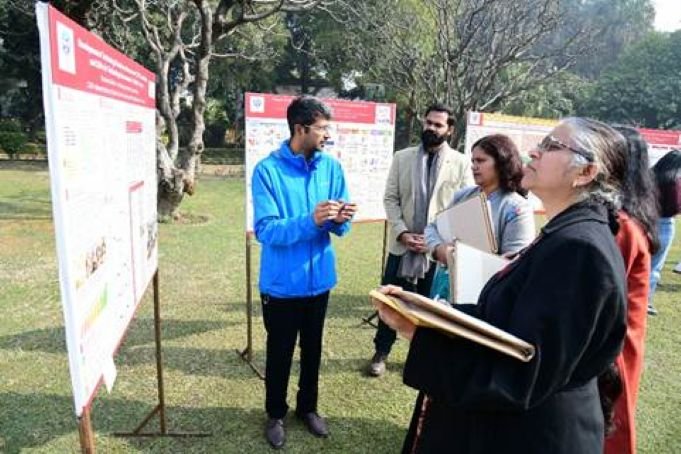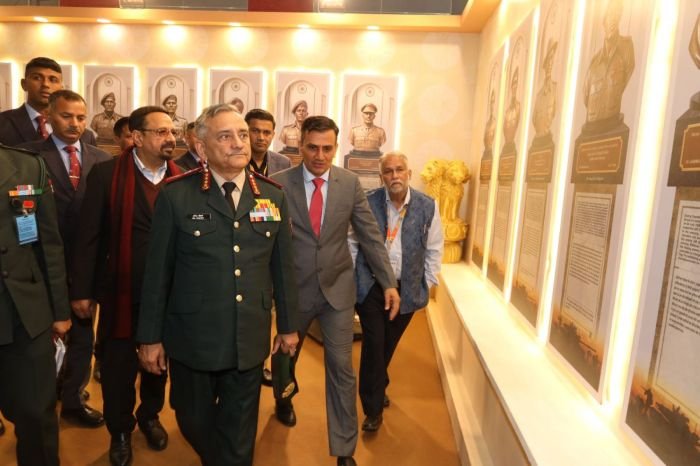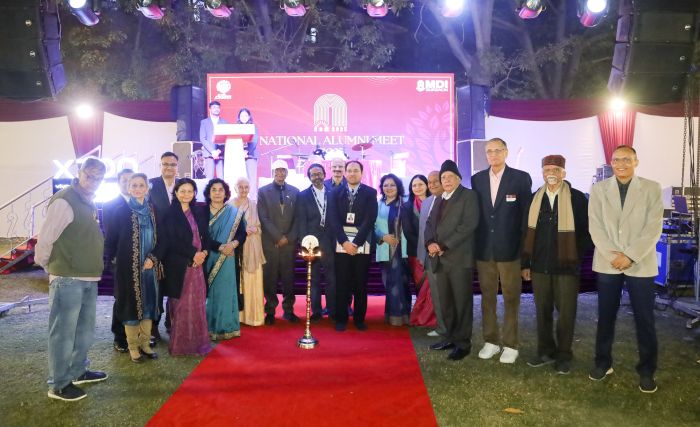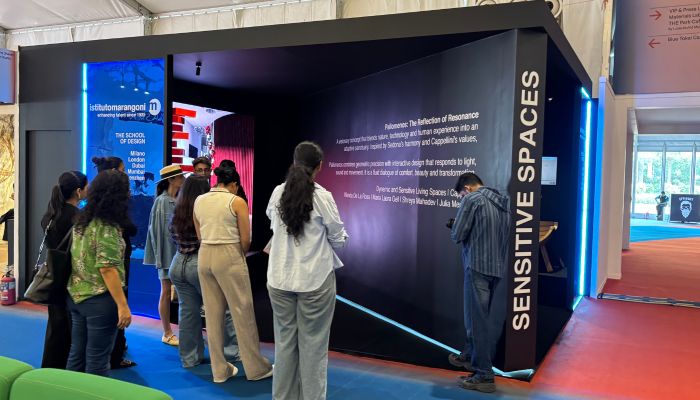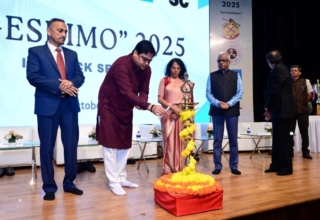
Vadodara’s Navrachana University celebrated its 15th foundation day on July 14 with a knowledge lecture by eminent linguist and semiotician Dr Seema Khanwalkar and by honouring its faculty and other staff who have remained loyal through the university’s journey from 2009.
As many as 30 professors to assistant professors and staff members from assistant librarian to lab assistants who have been witness to the university’s growth right from day one were felicitated at the university’s sprawling auditorium amid huge applause by the staff and students who attended the event in full strength.
The faculty and staff, who were honoured with certificates of appreciation, have put in more than 10 years of service and built the university brick by brick as an institution of repute. Speaking on the occasion, the Registrar, Dr Sandeep Vasant, explained the importance of appreciative culture and employee happiness that the Navrachana University has ushered in on the campus.
The university’s Provost, Prof Pratyush Shankar, welcomed and introduced the internationally renowned speaker, Dr Seema Khanwalkar, who delivered the 15th Foundation Day address on the theme “Cultural Spheres”.
The Provost read out a congratulatory message by the Navrachana Education Society’s Chairperson, Ms Tejal Amin, who was unable to attend the foundation day function because of unavoidable circumstances. Navrachana Education Society’s eminent board members, Ms Sandhya Gajjar and Mr Pradeep Sinha, attended the event and felicitated some of the university’s old timers.
Delivering her 50-minute foundation day address, Dr Seema Khanwalkar stressed on the need to sociologically decode the present cultural “sphere” and reinvent the various institutions to ensure they are not insulated from the contemporary reality and culture.
Presenting an intensely intellectual argument as the jampacked auditorium listened in rapt attention, Dr Khanwalkar expressed concern that the cultural vivacity and diversity across the world has fallen into an uncanny abyss of “similarities”. Giving examples, she stated that in the contemporary times a city without flyovers – or skyscrapers — would be considered wanting in modernity, while it might appear as though most of the world lives on similar looking airports.
She pointed out that constant mobility appeared to have become a common mantra across the world that appeared to be overflowing “too many similarities”. Khanwalkar lamented that the situation is getting increasingly favourable to the corporate lobbies mixed with politicians worldwide, who appreciate a monotony of sorts to work to their advantage.
Dr Seema Khanwalkar was explaining about constantly evolving cultures which had come to represent various spheres and phases.


